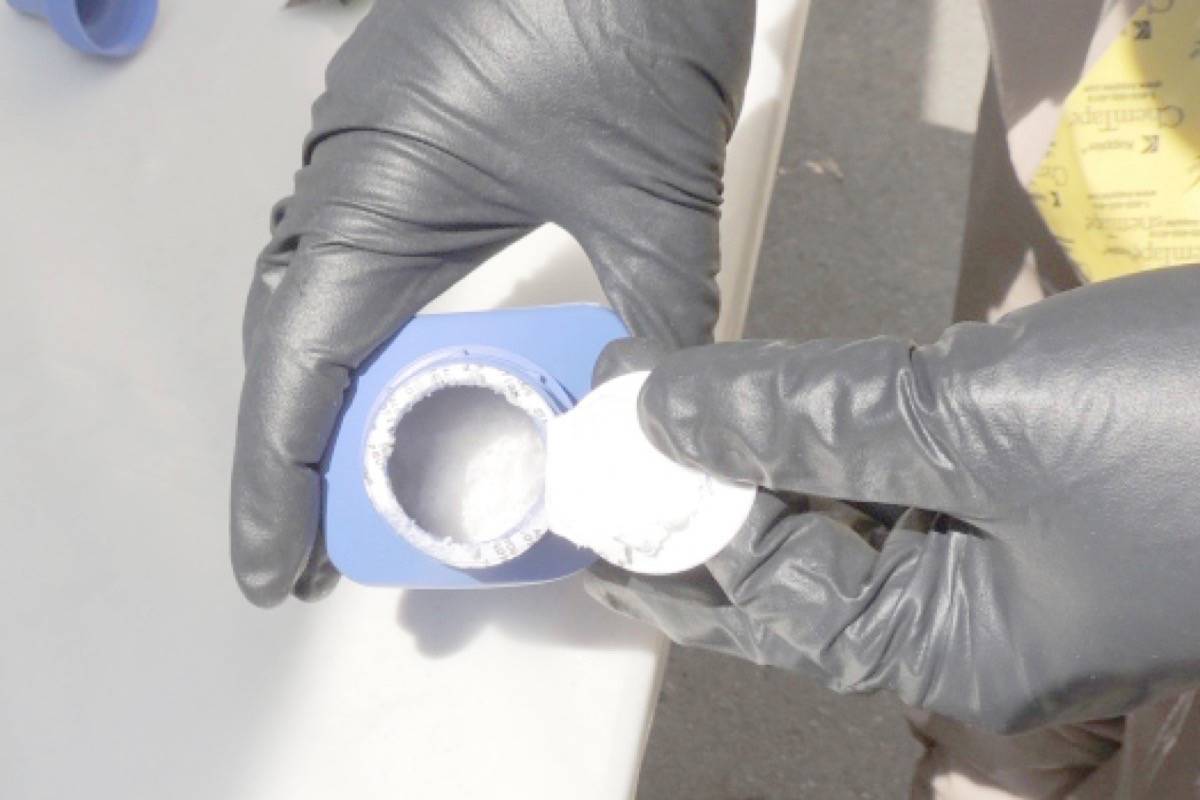Red Deer City council says the new timelines by the Alberta Community Council on HIV and the Chief Medical Officer of Health in determining if a supervised drug consumption site is needed in the City are unreasonable.
Council heard from Turning Point Society last month.
The basis of their program is community health with a focus on prevention and support for people living with HIV, Hepatitis C or other infectious, sexually transmitted or blood-borne infections.
“Part of our preventative work includes our harm reduction program where we provide harm reduction supplies to clients and then we also have a lot of other programs but our basis of our program is a community health organization to work with prevention of HIV and other sexually transmitted and blood- borne infections,” said Sarah Fleck, interim operations manager of Turning Point.
The Alberta Health Ministry initiated a study of Supervised Consumption Services in eight different communities across the province in response to the opioid crisis.
In Red Deer, Turning Point Society has been designated as the project lead and a Red Deer Coalition on the Opioid Crisis was formed to undertake a needs assessment for a Supervised Consumption Service.
“Because we work with people who use drugs we were tasked with starting a take home naloxone kit program so we started handing out naloxone kits at that time to people who used opiates so that if their friend overdosed or if their family member overdosed there would be somebody who was able to respond and potentially save their lives,” said Fleck.
Fleck said supervised consumption servicing is one part of an overdose response, and that it’s along the continuum of care and one extension of existing harm reduction services to provide that one extra service that would allow people to use their drugs in a place that is medically supported.
She said part of the other benefit with that would be that the community is going to see decreased needle debris out on the streets and have decreased public injection or public drug use because they will have some place safe to use.
The coalition has been working on a two-phase needs assessment with a completion date of Sept. 30th, however on June 28th the group was informed by Alberta Health that the work must be submitted by July 31st even if not complete.
“Our goal in Red Deer was to get 250 surveys done for people who use drugs and our agency is a little over 200 already so we’re in a really great place to submit that portion and we’re just working on finalizing the rest of the report,” she said.
The coalition is made up of members from Turning Point, Alberta Health Services (including the Medical Officer of Health, Public Health and Addictions & Mental Health), Red Deer College’s Nursing Faculty, Safe Harbour Society, Red Deer Primary Care Network, RCMP, Vantage Community Services, McMan Youth, the City of Red Deer, Social Planning representing the City of Red Deer and individuals who have lived through the experience.
Fleck said just like anywhere else, the opioid crisis is substantial in Red Deer.
“Since our program started we’ve distributed 3,334 naloxone kits and this month (July), since July 1st, we’ve distributed 252 naloxone kits and we’ve had 63 reversals reported to us already, which means that 63 lives have been saved by the naloxone kits,” she said, adding that the program started in July of 2015.
Turning Point Society submitted a letter outlining the change in timelines, and requested a formal position from Red Deer City council within two weeks, to which council said was an unreasonable timeline.
Ultimately, council will make a written request to the Alberta Community Council on HIV and the Chief Medical Officer of Health to allow the full completion of the two-phase Needs Assessment as originally outlined with the original completion date of Sept. 30th.
Also, council will be provided with a completed copy of the two-phase needs assessment and after reviewing the report, the City of Red Deer would submit their position on the matter no later than Dec. 31st.
“We understand the timeline is aggressive and we want to do it in the best way possible as well, and we want to encourage and facilitate community collaboration as part of that, so we understand the delay in their response and we are supportive of that and will continue to work with them and to work with the community to ensure that we are transparent as we move forward with this,” said Fleck.



